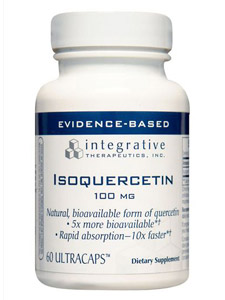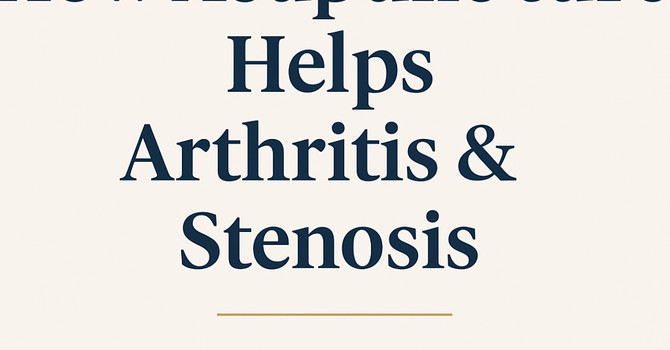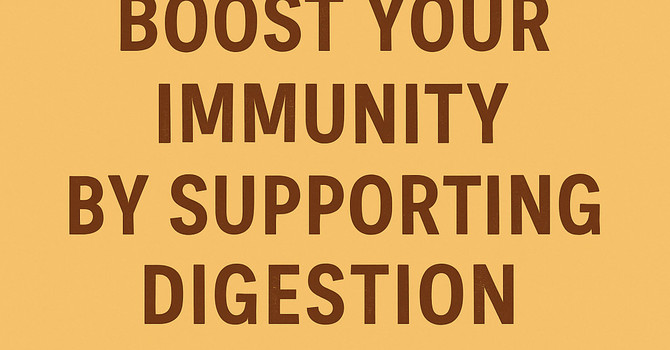
In the U.S, it’s estimated that nearly 40 million Americans suffer with allergy symptoms. The official allergy season occurs from March to May, when pollen counts are the highest.
According to the Asthma & Allergy Foundation (AAFA) 2013 Spring Allergy Capitals report, San Jose ranks 88th among the 100 most challenging places in the U.S. to live for allergy sufferers (San Francisco ranks 84th). Just to be on this list, however, indicates that high pollen counts can be expected in Los Altos and the surrounding climes.
Allergies: What’s Going On?
Allergies occur when your immune system reacts to a foreign substance such as pollen, bee venom or pet dander. Your immune system, which is designed to protect you from foreign invaders, makes antibodies to these substances. Antibodies then trigger an immune response resulting in a skin rash or mucous production in the sinuses and airways. In the case of an allergic reaction to pollen, we could consider this an improper immune response because pollen is an essentially benign substance.
Allergy Medications
With most allergy medications off patent, there are number from which to choose.
These medications are in three main categories:
- corticosteroids
- antihistamines
- decongestants
Antihistamines seek to calm the immune response, while steroids shrink the mucous membranes involved with secretions. Decongestants work similarly to dry things up.
Which Treatment Works?
As with most conditions, there’s both a short and long term approach to treating allergies. Medications may provide significant relief in the short term, but they do little to address the underlying improper immune response. An ideal approach strengthens the immune system while controlling symptoms. I chose the latter path to address my allergy symptoms.
How I Fixed My Allergies
Studying Agribusiness at Cal Poly, I had first hand experience of being in the fields and orchards on campus. Not only was I fish out of water- I was raised in Sherman Oaks, and the son of a life insurance salesman- but I was also suffering miserably with allergies. Perhaps this was natural selection at work!
To control my symptoms, I was prescribed an oral antihistamine, a nasal steroid, a decongestant, and an inhaler for exercise-induced asthma. This combination of medications just barely kept my symptoms at bay. I was so grateful to have any help at all as I am not sure I would have made it through spring quarter without the help these medications provided.
Ten years later, I found myself at ACTCM studying Chinese Medicine in San Francisco. Over the next 4 years I used Chinese herbs in addition to my allergy medications, eventually eliminating medications altogether. I took anti-allergy herbs for two more years before eliminating my allergies altogether. Today, if I do get allergies, I can control them quickly with the natural options below.
Managing Allergies with Diet
According to Chinese Medicine theory, certain foods can increase seasonal allergies. Coffee in particular (perhaps because of its affect on the adrenal glands) can magnify allergy symptoms. Refined sugars can weaken the immune system, and dairy is well known for its ability to increase mucous production.
Herbal Allergy Treatment
In my office I often use a combination of herbs, tailored to the individual, to address allergy symptoms. There are a number of herbs that may be worth exploring as alternatives to antihistamine medications. My favorites include Stinging Nettles, Chinese Skullcap root, Magnolia flower, Feverfew leaf (except in pregnancy), and Echinacea root.
Quercetin: A Hidden Gem
One of my favorite products for allergies is quercetin—a plant compound known as a bioflavanoid. It works to stabilize the cell membrane of histamine cells, preventing them from breaking open so easily. When histamine cells break open, they release their contents and trigger the common allergy symptoms of sneezing, itchy eyes, and a runny nose. Quercetin is often combined with bromelain and vitamin C and can be found at your local health food store.
Ted Ray
Contact Me



